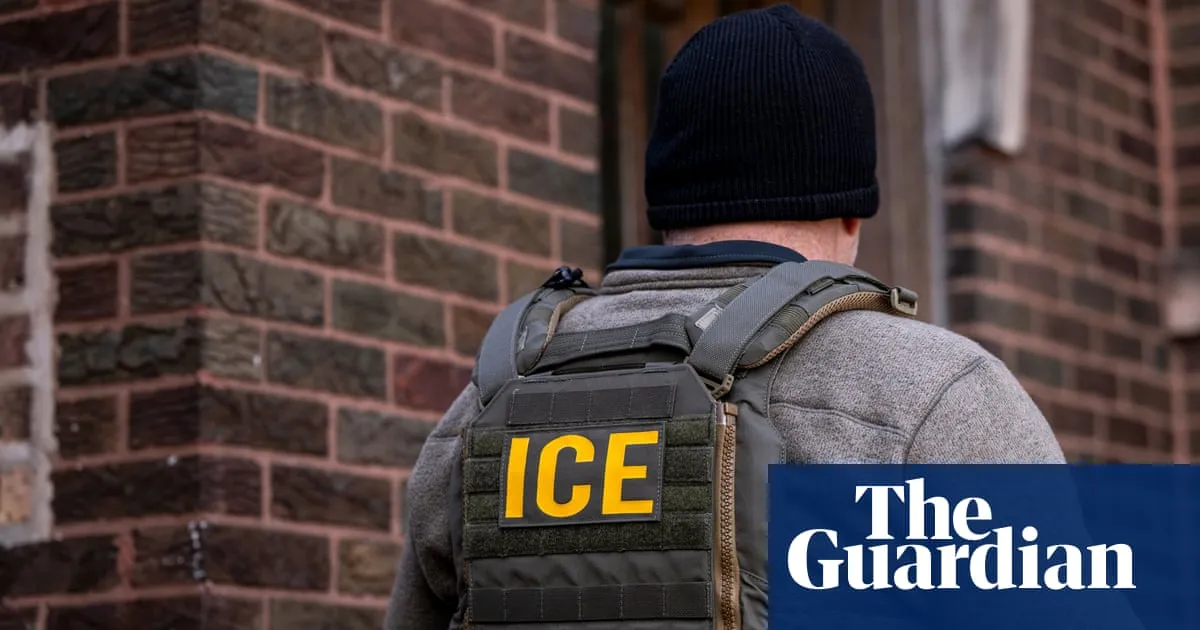
In a shocking case of deportation and family separation, two women were forcibly deported to Honduras alongside their US citizen children, experiencing what their attorney describes as “complete isolation.” Gracie Willis, an attorney with the National Immigration Project, revealed that these mothers were not allowed any chance to coordinate the care and custody of their children before being placed on a flight. This lack of communication has raised serious questions about the treatment of immigrant families in the United States.
According to Willis, the mothers were not permitted to contact their attorneys or loved ones during their detention, nor were they given the opportunity to transfer custody of their citizen children to another family member or caregiver. “Here we had moms held completely in isolation, being told what was happening to their children,” Willis noted. “They didn’t have an opportunity to talk this through, to weigh the pros and cons of taking or leaving their children in the US.”
One of the mothers deported had her seven-year-old and four-year-old children with her, one of whom requires medication for a rare form of late-stage cancer. The situation for another mother, who is currently pregnant, was equally distressing. She was put on a flight to Honduras with her 11-year-old and two-year-old daughters, despite their father and a designated caretaker attempting to reach them. “She’s in the early stages of a pregnancy and has undergone unimaginable stress,” Willis explained, emphasizing the urgent need for support during such a traumatic experience.
Both families were detained during routine check-in appointments with Immigration and Customs Enforcement (ICE) in New Orleans, leading to their forced deportation without meaningful communication. Each year, hundreds of thousands of immigrant parents face similar dilemmas, having to choose whether to leave their children in the US under the care of another guardian or surrender them to Child Protective Services. “No parent would want to be in that situation,” Willis stated. “And we don’t bring any judgment against any decision that a parent makes.”
In high-profile cases that have sparked widespread condemnation from civil rights organizations and lawmakers, the mothers were not empowered to make informed choices for their families. After an emergency motion was filed to prevent the deportation of VML, a two-year-old identified only by her initials, a federal district judge expressed concern over the process, suspecting that a US citizen was deported without meaningful due process. A hearing in VML’s case has been scheduled for May 18.
Officials from the Trump administration have defended the actions taken in these cases. Tom Homan, the former border czar, stated, “The children aren’t deported. The mother chose to take the children with her.” Secretary of State Marco Rubio echoed this sentiment, suggesting that the children could remain with their fathers in the US. However, the situation is far more complex, as VML’s father had been desperately trying to reach his partner and retrieve his daughter before the deportation occurred.
Prior to their deportation, both families had been complying with ICE orders, attending regular check-ins for about four years. VML’s mother had initially sought asylum during the “remain in Mexico” program, which forced non-Mexican asylum seekers to wait outside the US while their cases were processed. Following a traumatic experience involving kidnapping in Mexico, she and her daughter had been released into the US but under strict conditions to check in regularly.
The other woman deported entered the US as an unaccompanied minor and received deportation orders after failing to attend a hearing for which she never received a summons. The legal complexities surrounding these cases highlight the urgent need for reform in how the US handles immigration and family separation.
The deportation of these mothers and their US citizen children has drawn attention to the urgent need for a reevaluation of immigration policies and practices. Families should not be subjected to such traumatic circumstances, and legal protections must be put in place to ensure that immigrant parents can make informed decisions regarding their children’s welfare. The ongoing cases serve as a stark reminder of the emotional and psychological toll that immigration enforcement can take on families.